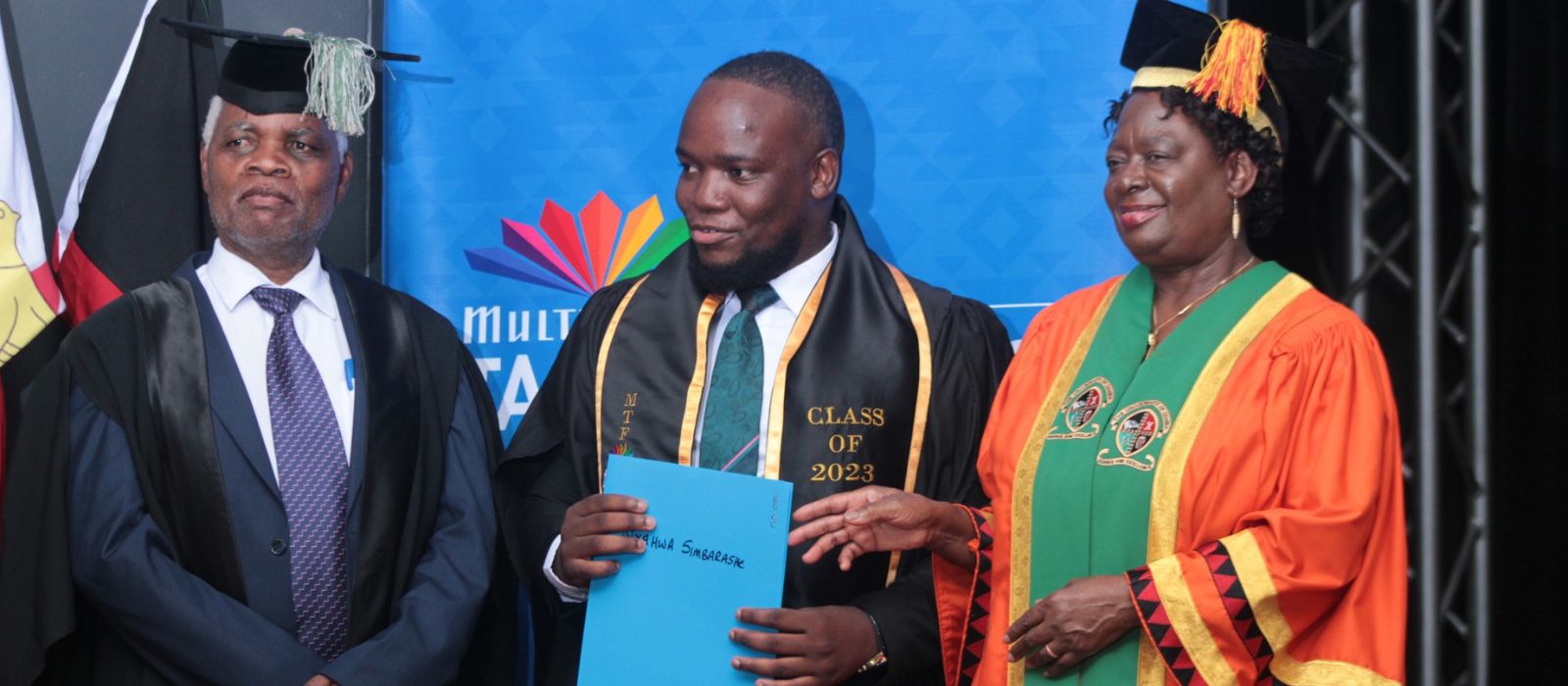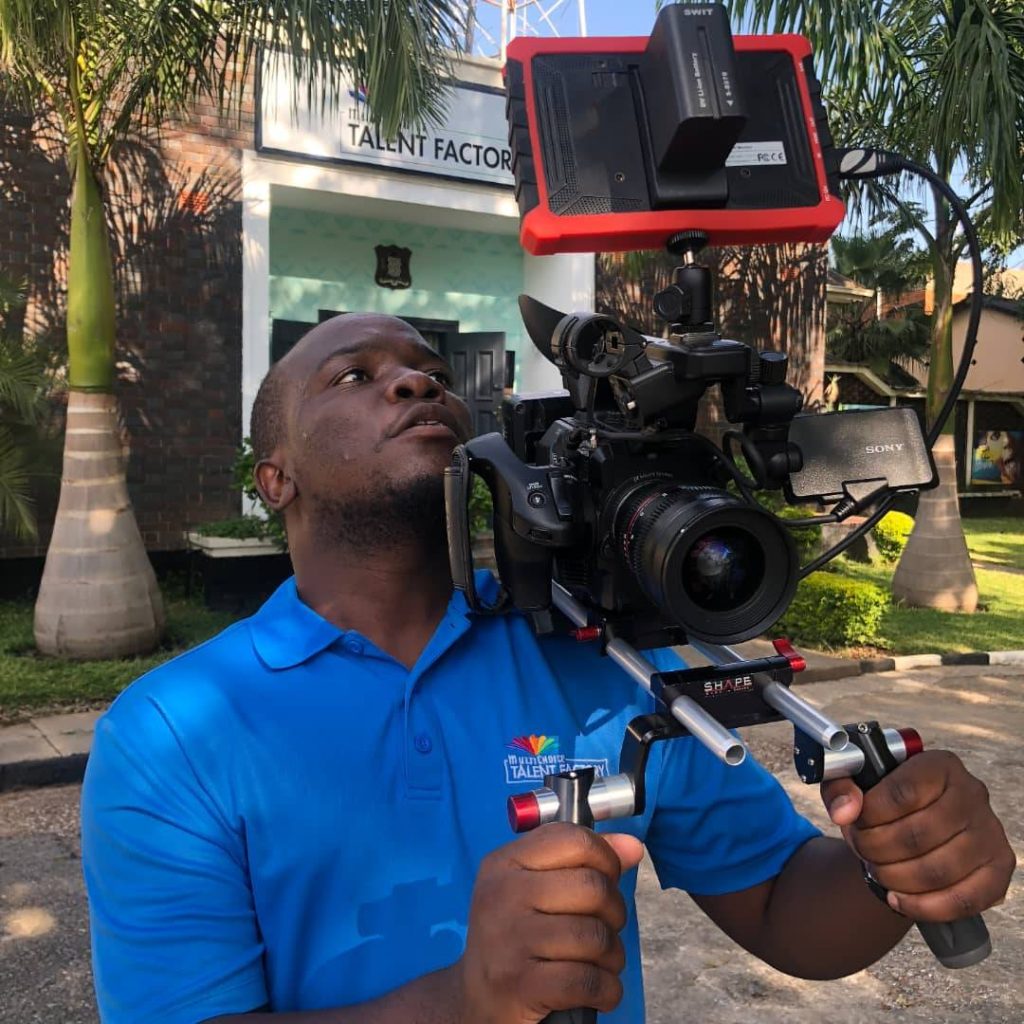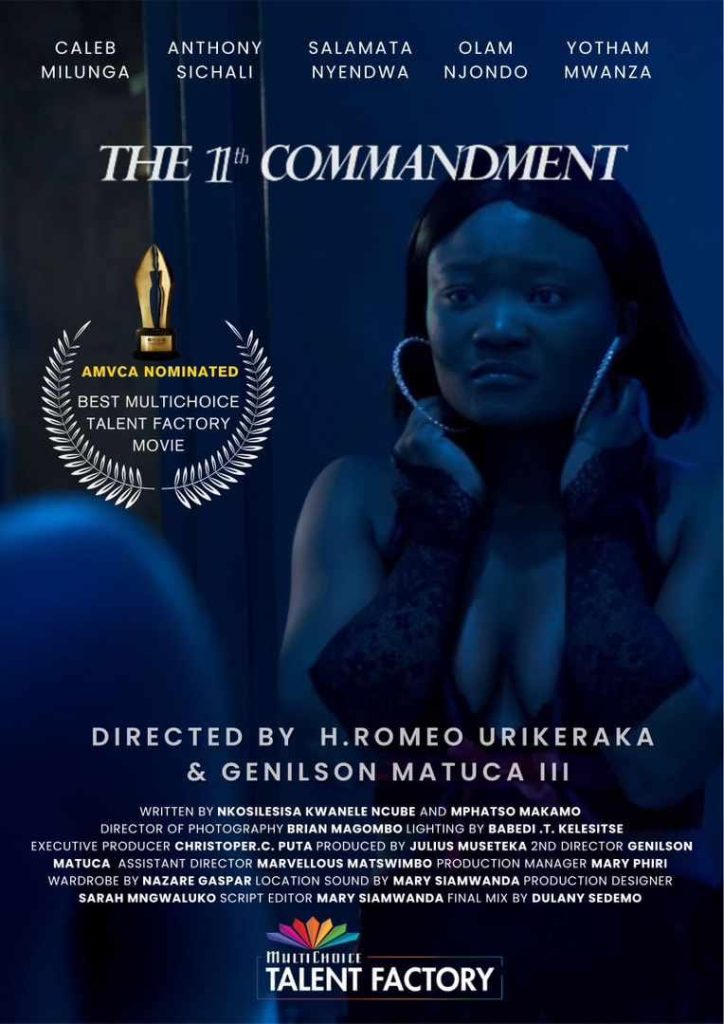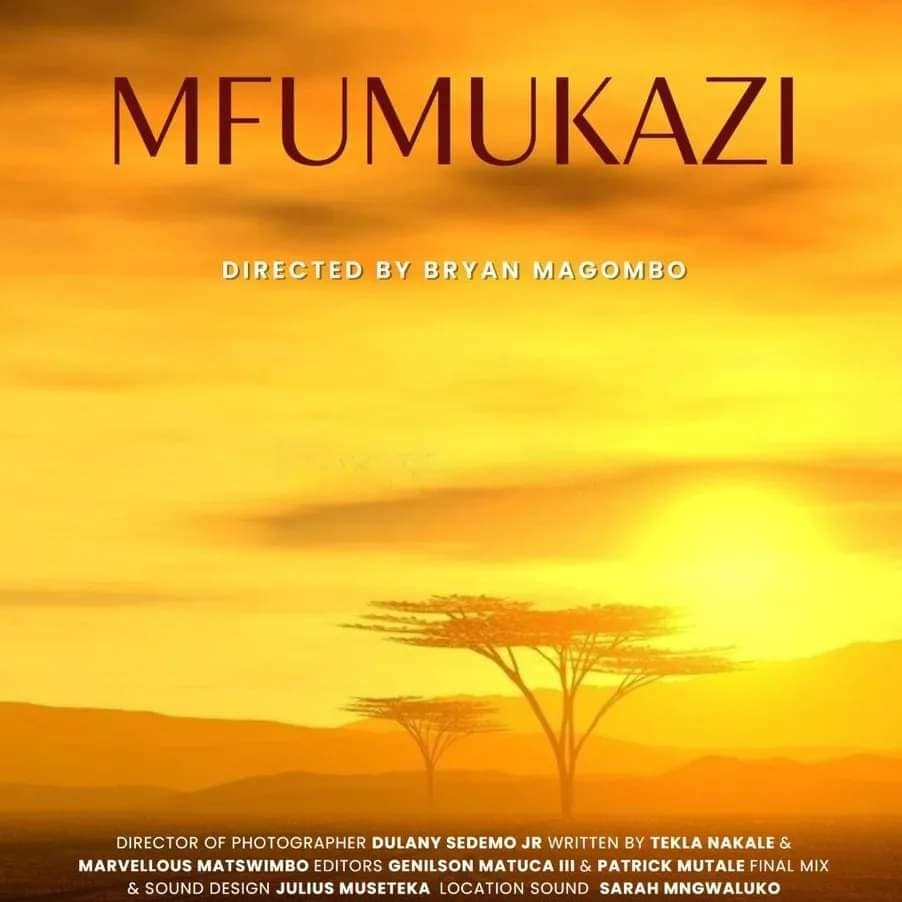
As Zimbabwe’s film industry continues to expand its reach internationally, with filmmakers collaborating across borders to tell compelling African stories. One such filmmaker is Simbarashe Nyahwa, whose work on projects like “The 11th Commandment” and “Mfumukazi” has earned nominations at Africa’s prestigious cinema awards, the Africa Magic Viewers’ Choice Awards (AMVCA), in the category of Best Multichoice Talent Factory Movie.
In an exclusive interview with My Afrika Mag reporter, Tapiwanashe Rubaya (TR), Simbarashe Nyahwa (SN) delves into the intricacies of these productions and the significance of collaborating with filmmakers from across the continent. The discussion sheds light on the growth and potential of Zimbabwe’s burgeoning film sector.
TR: Good day, Simbarashe. Could you please introduce yourself to the readers of My Afrika Mag?
SN: Certainly, my name is Simbarashe Nyahwa. I’m a young Zimbabwean filmmaker, TV/Film Scholar, Video Editor, and an upcoming TV/Film producer. I firmly believe that film plays a pivotal role in the development of countries.
TR: What is your perspective on Zimbabwe’s film industry and the notion that we need to revert to the late 1990s to enhance the sector?
SN: The film industry in Zimbabwe is still in its developmental stages, with significant progress yet to be made to restore it to its former glory. While there have been notable achievements, such as Zimbabwean filmmakers gaining international recognition and young talents venturing into animation with renowned companies like Disney, there’s still much ground to cover. However, I believe the pace of development is lagging behind compared to other countries. To catalyze growth in our film industry, several measures need to be implemented. Firstly, strategic investment is essential to improve infrastructure and studios for film productions and post-production facilities. Secondly, there’s a need for accessible and affordable education in filmmaking, blending theory with practical aspects. This would enable passionate young individuals to hone their skills and contribute meaningfully to the industry. Moreover, the promotion of high-quality local content that celebrates our heritage, traditions, and culture is crucial for establishing a distinct identity and attracting both local and international audiences. Additionally, establishing film festivals to showcase local and international films would foster business collaborations, networking, and educational opportunities within the industry. Lastly, government support is imperative to create more employment opportunities and drive industry growth. While we await government intervention, it’s essential to demonstrate the significance of film in national development and strive to create an environment that underscores its importance.
TR: Two of the productions you worked on were nominated at the AMVCA Awards. What does this recognition mean to you?



SN: Being part of these productions is a dream come true for me, thanks to the Multichoice Talent Factory for providing opportunities to learn about filmmaking and its business aspects. A memorable moment for me was during the production of our second feature film, ‘Mfumukazi,’ where I served as the producer. It was a significant challenge but also an exhilarating experience. Through teamwork and dedication, we overcame numerous challenges, and it’s incredibly rewarding to see our efforts recognized on such a prestigious platform.
TR: The productions were created by filmmakers from across Africa. What advantages did you experience from collaborating with fellow young Africans?
SN: Working with other young filmmakers made me feel like part of a team of passionate individuals who share my love for film and a desire to learn from one another. It provided me with valuable insights into the importance of teamwork in film production and fostered a sense of camaraderie that enriched the entire creative process.
TR: What were the major challenges you encountered during the film production?
SN: One of the significant challenges we faced was impostor syndrome, where some of us doubted our abilities. However, through mutual encouragement and determination, we persevered and created work that we are proud to share with the world.
TR: Regarding language, which dialect was predominantly used during production?
SN: English was the primary language used for communication on set, and all scripts were translated into a language understood by everyone involved. However, directing films in pure Nyanja and Bemba posed challenges for the non-Zambian directors. To address this, we ensured that an Assistant Director fluent in the language was present to provide guidance during filming.
TR: What role did you play in the production of ‘The 11th Commandment’?
SN: In ‘The 11th Commandment,’ I served as the best boy grips on set and was responsible for sound. The film was directed by Romeo Urikeraka and Matuka III and written by Kwanele Ncube. As for ‘Mfumukazi,’ it was directed by Mangoma and written by Nakale.
Zimbabwe, Zambia, Malawi, Mozambique, Namibia, Angola and Botswana
The Africa Magic Viewers’ Choice Awards (AMVCA) is back, and this time, it’s bigger and better than ever as we mark a decade of incredible African cinema. Save the dates – 10th and 11th of May – for a two-day extravaganza celebrating the very best of African filmmaking. Get ready for a star-studded lineup of events leading up to the prestigious awards ceremony on the 11th of May. From workshops to cultural celebrations, red carpet glamour, and an unforgettable afterparty, here’s what you can expect from this year’s AMVCA. Don’t miss the live broadcast of the awards show on all Africa Magic channels, and stay tuned to our social platforms for event updates. Get ready to witness the magic of African cinema at the AMVCA 10th edition – it’s going to be a celebration like no other!


